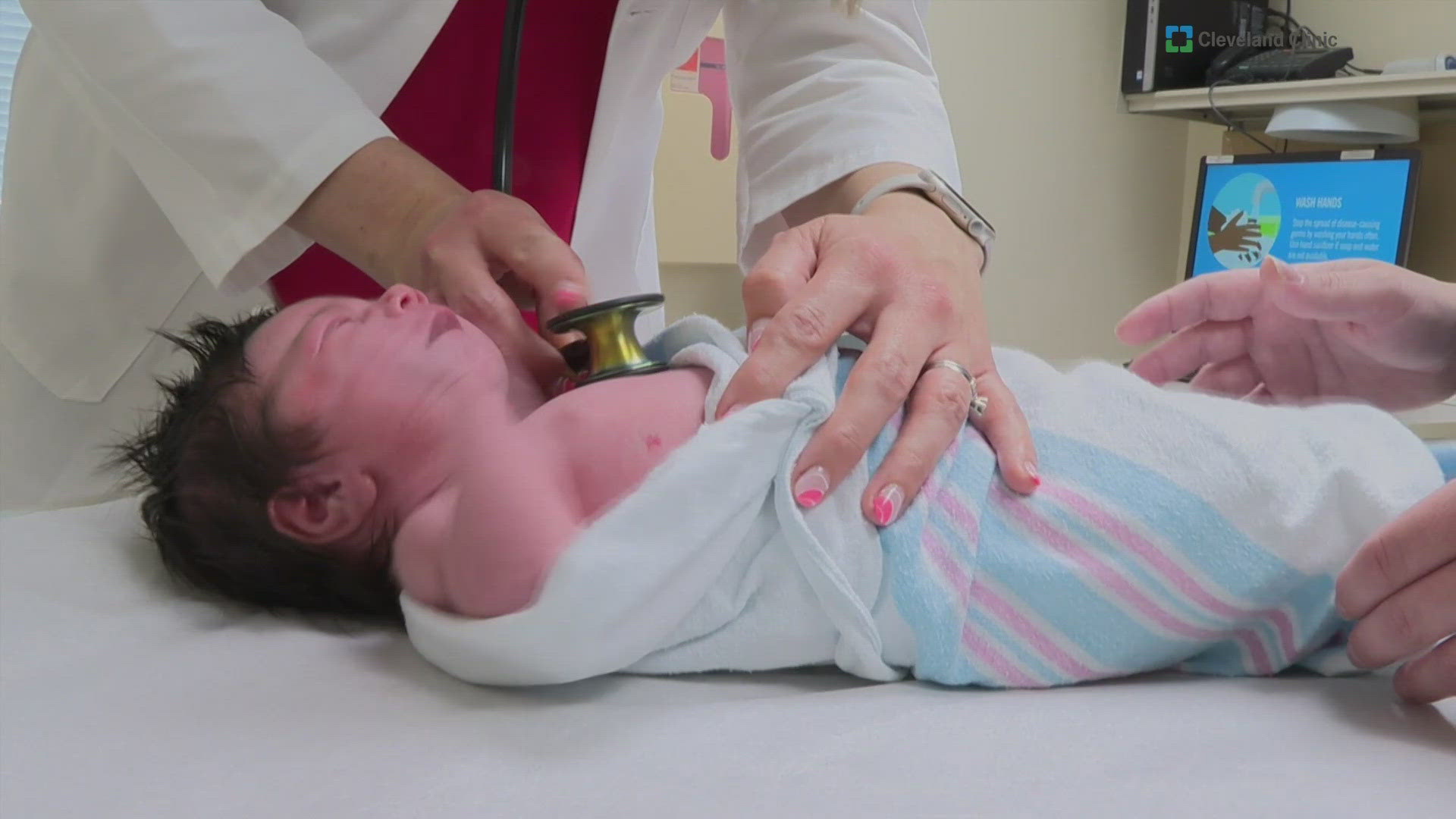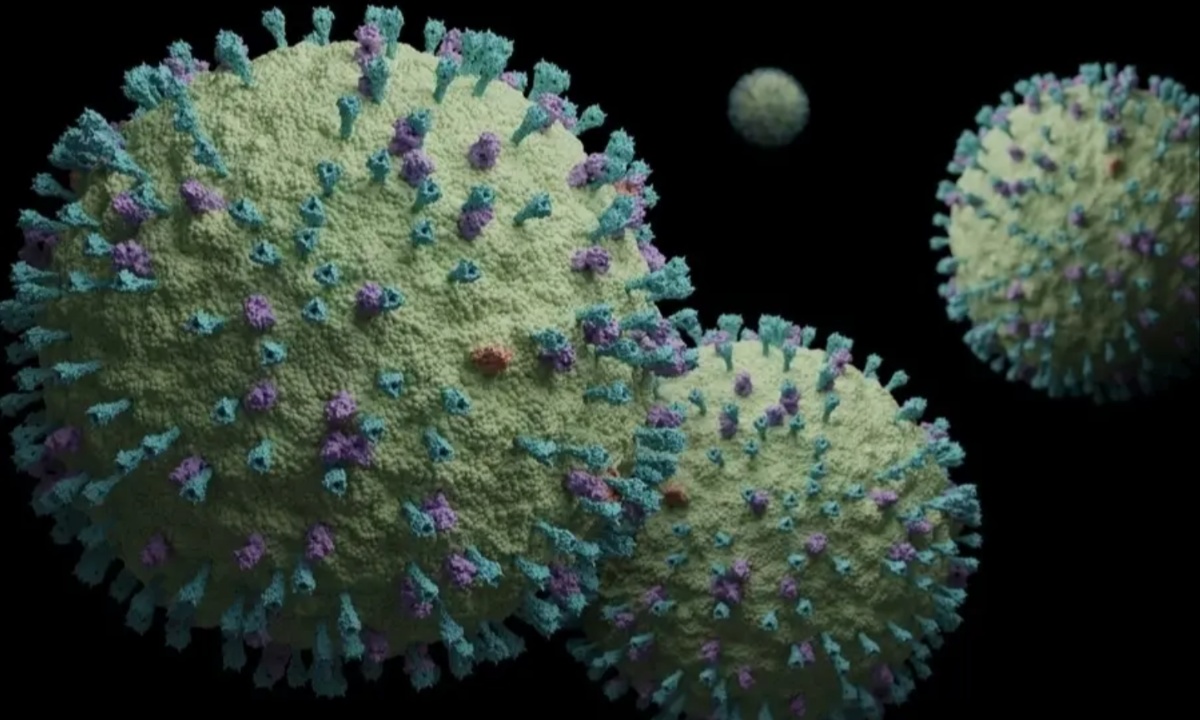Health officials in Winston-Salem/Forsyth County Schools are urging parents to be vigilant about their children’s health due to a recent rise in pneumonia cases among children. Specifically, they are concerned about symptoms that might initially appear as typical colds, such as coughs and sniffles, but that linger longer than expected. These persistent symptoms could indicate a more serious condition known as walking pneumonia, which has seen a notable uptick both locally and nationally.
Dr. Kirk Walker from Novant Health Forsyth Pediatrics has reported an increase in cases of mycoplasma pneumoniae, the bacteria responsible for walking pneumonia, particularly affecting children. He notes that school nurses in the district have reported instances of pneumonia, ranging from mild cases that require minimal intervention to more severe cases that necessitate extended absences from school. This trend is not confined to the Winston-Salem/Forsyth County Schools district, with reports of similar cases emerging from other districts as well.

The school district is actively encouraging parents to keep their sick children at home. A crucial guideline is that children should remain fever-free for at least 24 hours before returning to school. This policy aims to prevent the spread of illness within the school environment, particularly among younger students who frequently share materials and classroom items. Katie Key, the WS/FCS Director of School Nurses, emphasized the importance of parents informing the school of any pneumonia diagnoses, which can help identify clusters of cases and facilitate enhanced cleaning protocols in affected schools.
Walker explained that the symptoms of walking pneumonia can often mimic those of a typical seasonal cold, including runny noses, sore throats, and coughs. However, if symptoms persist beyond what is usual for a cold and if the child continues to appear unwell despite treatment, it could indicate the presence of pneumonia. He highlighted that many children with walking pneumonia do not exhibit severe symptoms, which is why it can often go unrecognized initially.
The increase in pediatric pneumonia cases is reflected in the data from Cone Health, which reported a significant rise in pneumonia diagnoses among patients under 18 in their emergency department since August. This year has seen a dramatic increase in cases compared to previous years, with the week of October 20 showing 59 cases compared to only 16 in the same week in 2023 and 24 in 2022. This spike in pneumonia cases underscores the need for parents and caregivers to be alert and responsive to their children’s health symptoms.
